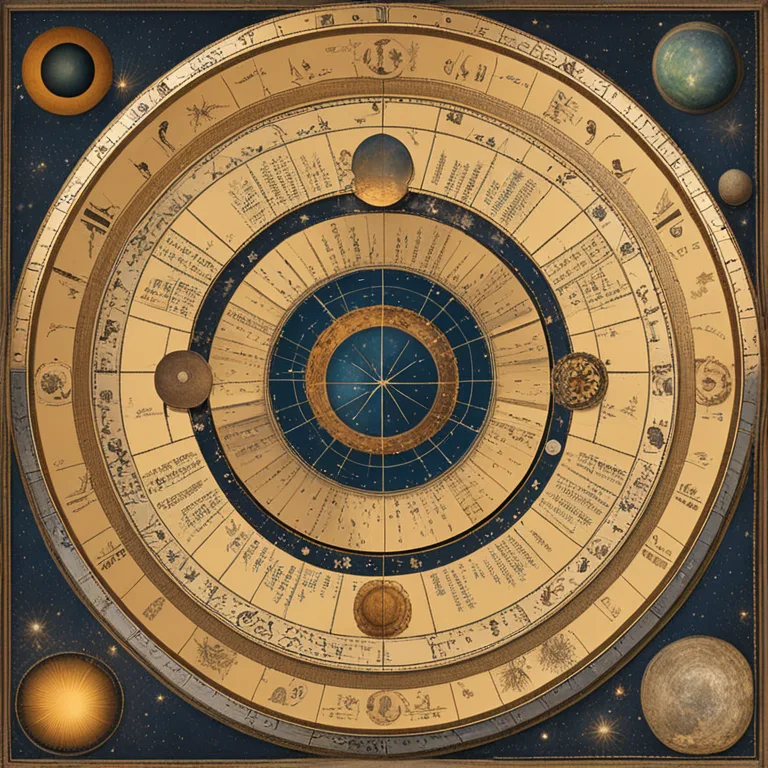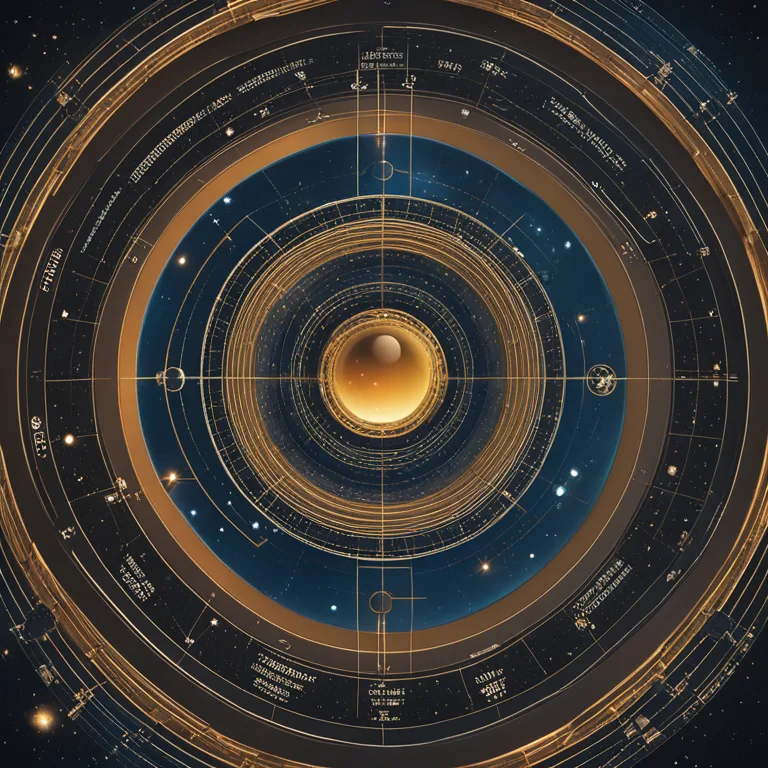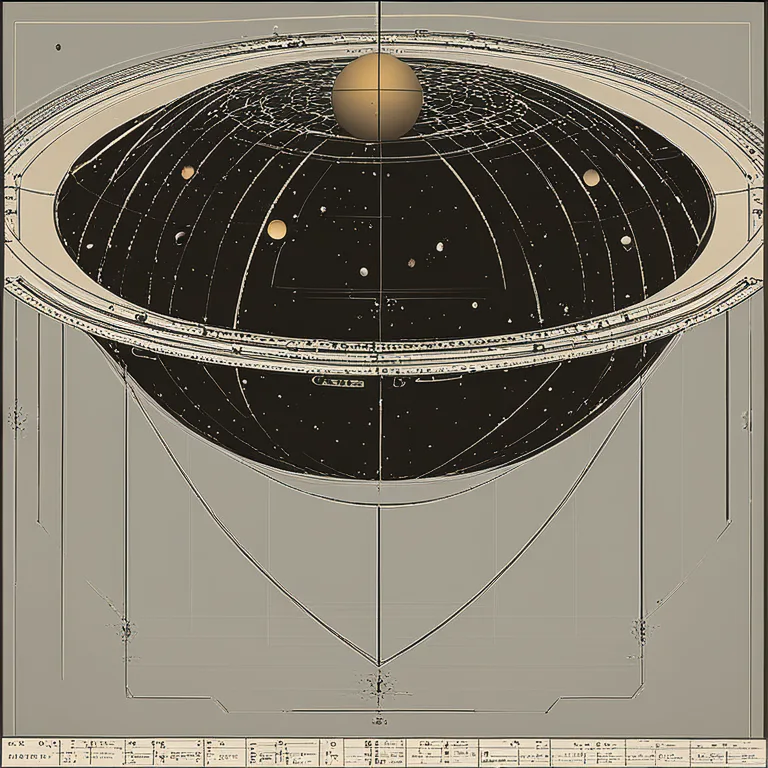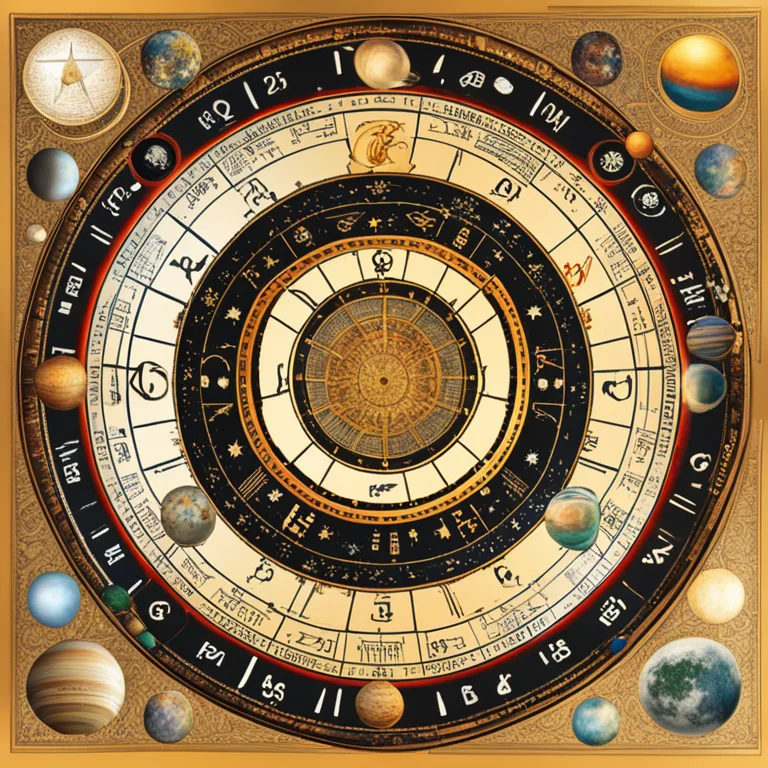
Astrology & Astronomy: A Comparative Look
Delve into the differences and intersections between astrology and astronomy, gaining insight into these two distinct but related fields.
article by Priya Deshmukh
The Roots of Astrology and Astronomy
Astrology and astronomy both spring from a human desire to understand the heavens, but they have diverged significantly over the centuries. Ancient civilizations did not distinguish between the two, perceiving celestial events as both scientific phenomena and messages from the divine. As cultures documented the stars, they contributed to the foundations of astronomy as a scientific study and astrology as a mystical interpretation of cosmic influence. Despite their shared origin, today's understanding of both fields is markedly distinct, shaped by their evolution through history.

Defining Astronomy
Astronomy is the scientific study of celestial objects, space, and the universe as a whole. Its focus is on understanding the physical properties and behaviors of stars, planets, galaxies, and other cosmic entities. Modern astronomy relies heavily on mathematics, physics, and advanced technology like telescopes and spacecraft to explore the cosmos. It's a field that encourages critical thinking and empirical analysis, with discoveries often leading to revolutions in our understanding of the vast universe.

Understanding Astrology
Astrology, by contrast, is the study of how the positions and movements of celestial bodies may influence human lives and world events. It is often categorized as a pseudoscience, as it lacks empirical evidence to support its predictions and is based on traditions and beliefs rather than testable theories. Astrologers create horoscopes by examining the zodiac signs and planetary alignments, offering insights and forecasts that many find personally meaningful, despite the lack of scientific backing.

The Scientific Approach vs. Personal Insight
While astronomy seeks to objectively understand the cosmos, astrology offers a subjective interpretation that many individuals find spiritually or emotionally fulfilling. In 2024 and beyond, astronomers will continue to push the boundaries of space exploration, uncovering new exoplanets and cosmic phenomena. Astrologers, meanwhile, will craft horoscopes that resonate with those seeking guidance and personal connection, reflecting the belief in a cosmic influence over our daily lives.

Intersecting Paths and Mutual Respect
Despite their differences, there can be mutual respect between astrologers and astronomers. Both are fascinated by the stars, albeit for different reasons. Science can coexist with spiritual or personal beliefs, and while astronomers may critique the scientific validity of astrology, they often share an appreciation for the wonder and beauty of the universe that inspires astrological traditions.
Looking Forward: Astrology in the Future
Astrology's longevity demonstrates its enduring appeal, and as we move further into the 21st century, its practices are likely to persist and evolve. With the advent of sophisticated software and apps, astrology has embraced technology, providing personalized readings and predictions at the touch of a button. While these forecasts cannot be scientifically verified, they will continue to offer a source of comfort and introspection for many around the globe.
Published: 12/29/2023
Modified: 12/29/2023
More predictions
Come back here soon to learn more about yourself and your future


The Rhythms of Your Birth Chart
Delve into the significance of your birth chart and what the celestial patterns at your birth reveal about your potential, personality, and life path.


Birth Chart: The Powerful Role of Jupiter
Explore the powerful role of Jupiter in astrology and its profound impact on our personal growth, luck, and life philosophy in the birth chart.


The Power of Biorhythms: A Guide
Delve into the significance of your birth chart to comprehend your astrological imprint and personal destiny as written in the stars.